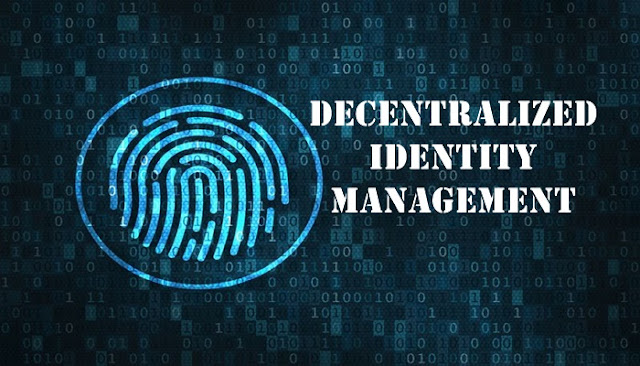Introduction
Blockchain and cryptocurrency technologies are revolutionizing how we handle our digital identities. This innovation can address many issues that have beset conventional identity management techniques, from safe data storage to dispersed cryptographic techniques. Bitcoin's position in decentralized authentication and authorization is one of this technology's most intriguing applications. Regardless of expertise level or technological proficiency, Bitcode Method asserts that bitcoin is now available to everyone.
In this post, we'll look at what Bitcoin is, how it operates, and how users might use it to build a safe and decentralized framework for managing user identity. We'll also look into a few of this technology's current difficulties and how researchers attempt to find answers. In conclusion, you should have a fundamental grasp of the identity management capabilities of Bitcoin. Let's get going!
The Function of Bitcoin in Decentralized Identity Verification
Several individuals are exploring ways to provide a more private and decentralized replacement for the centralized management of identities. Bitcoin technology enables this. Bitcoin may contribute to developing a safe method for managing and storing sensitive data through a shared ledger, often known as a blockchain.
Utilizing Bitcoin's blockchain technology to build a decentralized system for managing identity is becoming increasingly appealing since it enables people to take control of their data, including financial information and personal papers, without depending on any centralized authority. Also, every transaction in Bitcoin is cryptographically verified and saved forever on the blockchain owing to the crypto's encryption protocol, which is based on cryptography. As a result, any modifications to the ledger are transparently and irrevocably recorded.
Users will be able to fully manage their identification data with more privacy and security thanks to the introduction of such a system. They will also have access to various benefits that conventional identity management systems can not provide, such as improved accountability and dependability provided by an unchangeable digital trail. In conclusion, Bitcoin may one day prove to be a priceless tool for creating decentralized identity management systems.
Bitcoin for Distributed Identity Management: Advantages
Without question, Bitcoin can completely change how we interact with digital identities. This cryptocurrency has made a wide variety of identity management options possible.
→ Safe and Effective Usage
Users may protect their personal information from hackers using Bitcoin for identity verification. You don't have to worry about personal information being stolen or misused since all data is encrypted, making it impossible for anybody other than the user to access it. Moreover, because of its decentralized structure, it lacks any single points of failure, so even if one node fails, there will still be others operating to fill in the gaps.
→ Decreased complexity and cost
Bitcoin also lowers the expense and complexity of identity management, which is another advantage. Decentralized networks do not need expensive infrastructure or intricate authentication procedures. Transactions are handled considerably more quickly than existing systems, making them simpler and quicker than other alternatives.
→ Increased anonymity and privacy
Thirdly, Bitcoin gives users more privacy and anonymity. Users may feel confident knowing their data is secure since all transactions occur via an encrypted blockchain. Moreover, users may maintain their anonymity while yet being able to safely establish their identity when necessary since all transactions are tied to a user's wallet address rather than their name or location.
What Bitcoin Can Do for Decentralized Authentication And Authorization
How to utilize Bitcoin for decentralized authentication and authorization may be something you're pondering.
Bitcoin programmers are already working hard to devise methods to enable this. The key concept is to utilize the blockchain to build a tamper-proof way of distributing public keys, guaranteeing that users' identities are securely connected to their public keys and recorded on the blockchain.
Here is an explanation of how it functions:
A secure electronic signature connects a user's public key to their identity. The user's identity is related to their master password and can't be altered without notice, thanks to the signature.
Malicious actors will find it challenging to update or create false identities without being discovered since the verification hash is then kept on the blockchain.
Any cryptographic activities the user has to carry out, including signing transactions or identifying with web services, may then be done using their public key as an authentication factor.
We can build a safe, decentralized system using Bitcoin and the blockchain where users can lock down & verify their personalities without depending on any centralized government or third-party service providers. In this system, your data is yours lonely, and only one else has direct exposure to it with your permission.
Conclusion
In conclusion, cryptocurrency can completely alter the identity management industry. Its decentralized structure makes it capable of reducing fraud and building a safe, dependable, and unchangeable system. With the emergence of these technological advances, companies and groups can be confident that their data is secure and that consumers may confidently and trustfully govern their information. Moreover, this new environment will benefit people and organizations since it offers identity identification and data exchange opportunities without an intermediary. Bitcoin will remain a potent instrument for autonomous authentication and authorization as time passes.

No comments:
Post a Comment